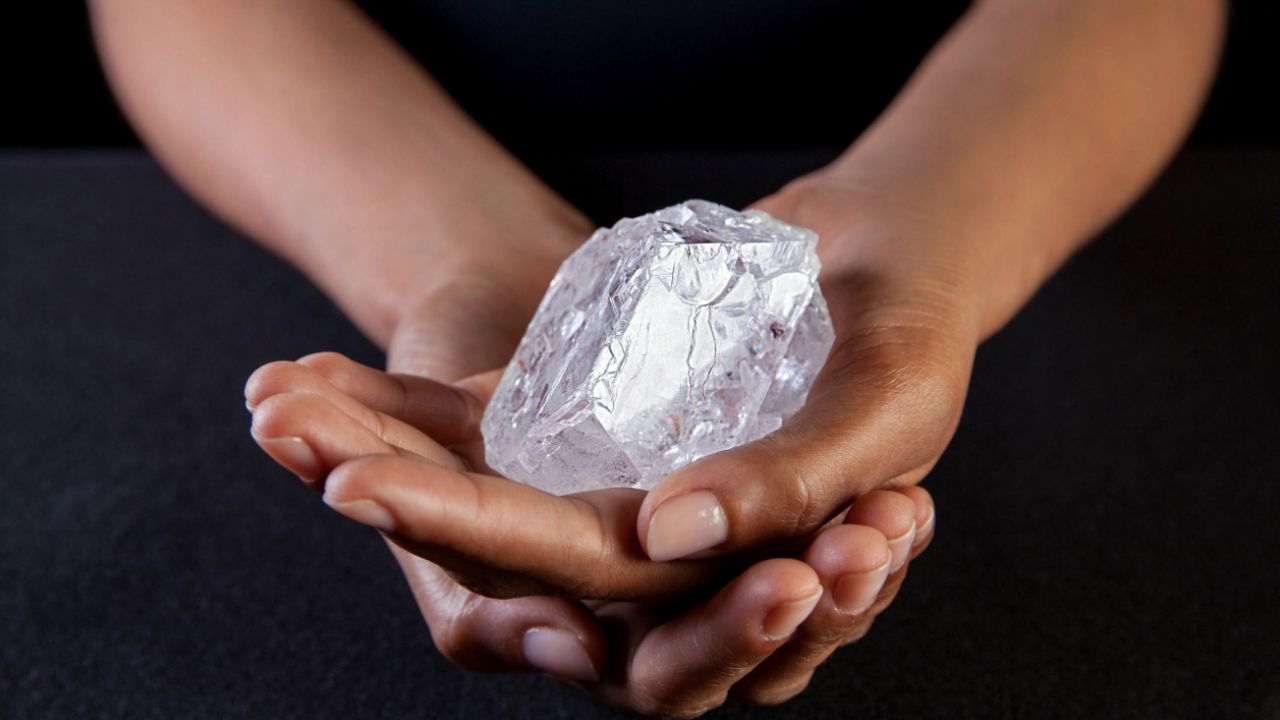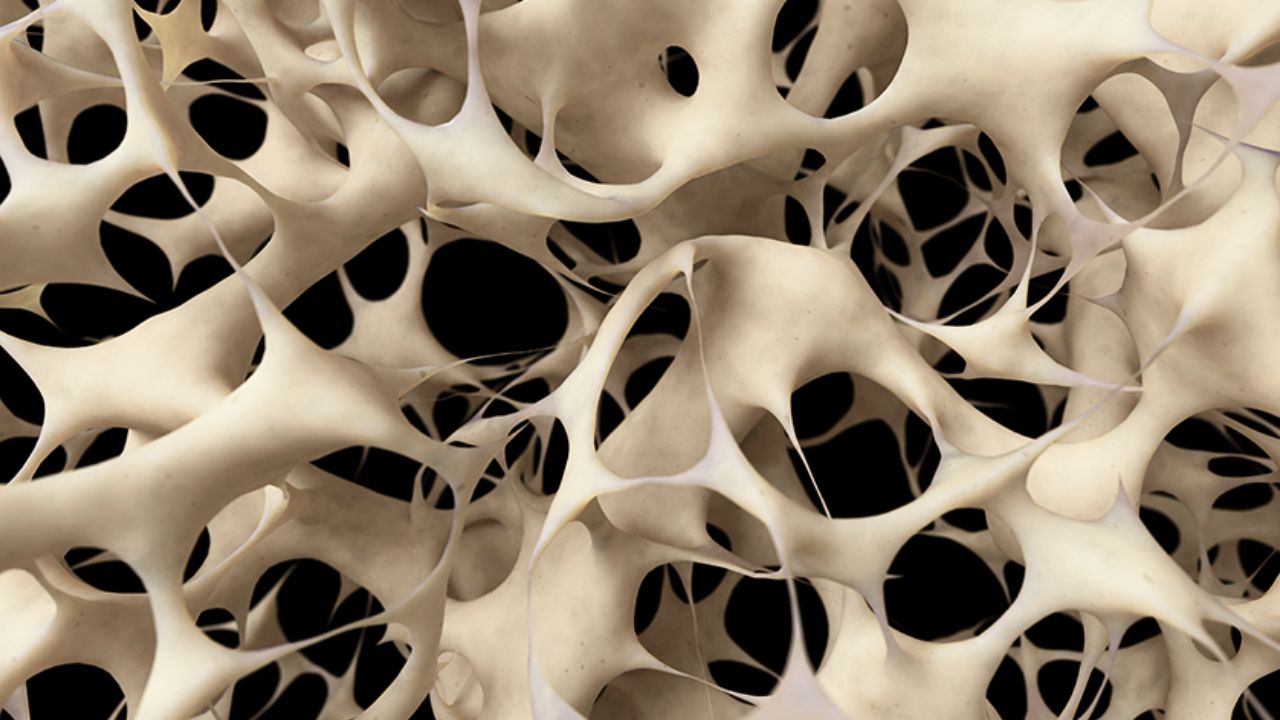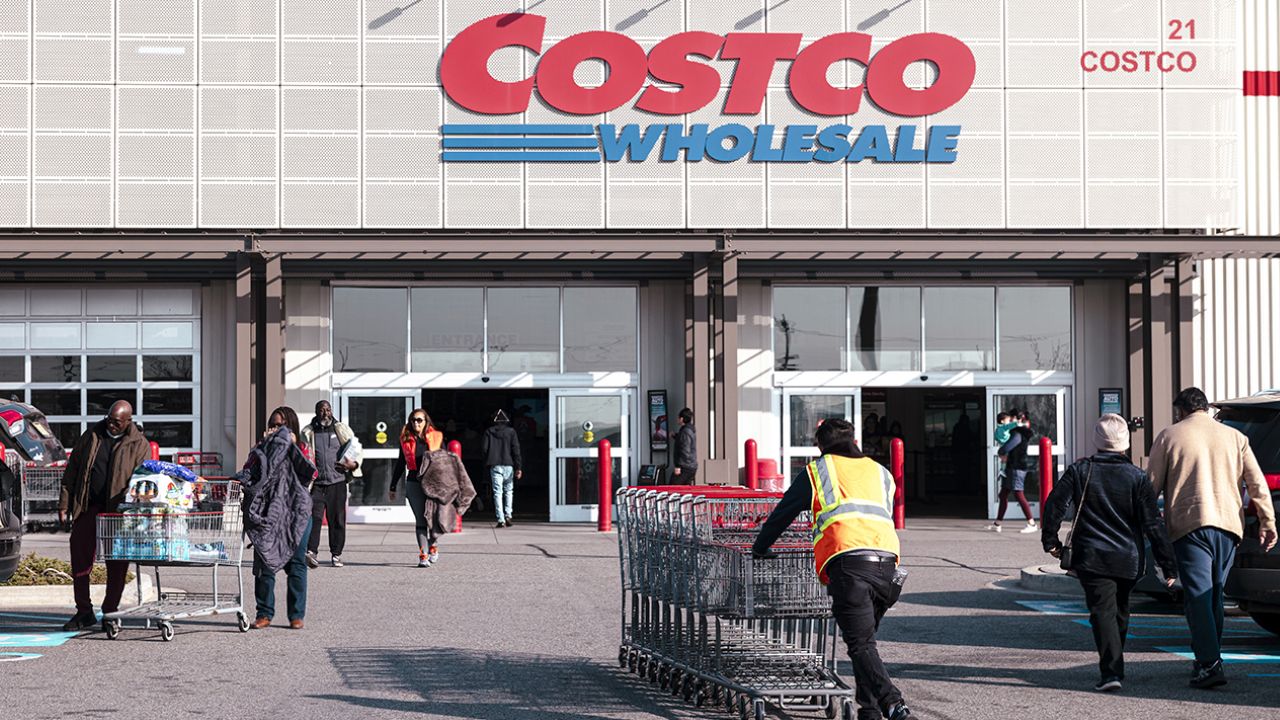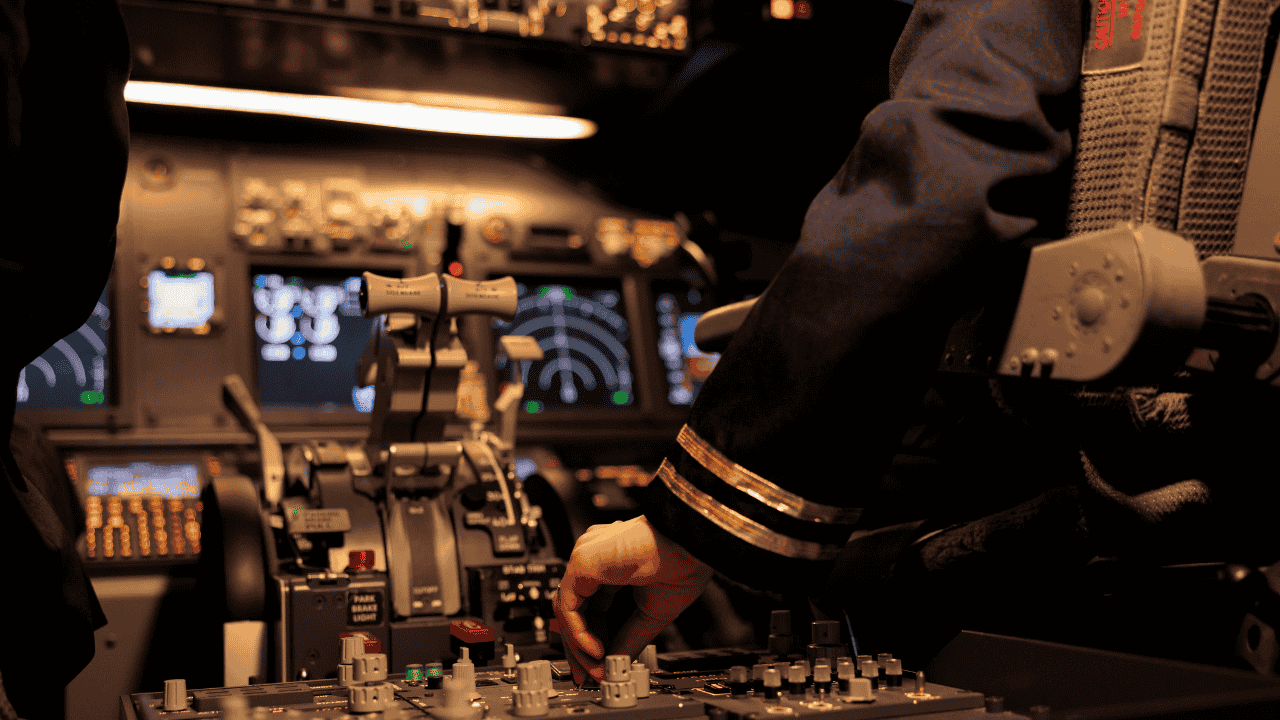The microwave has been the workhorse of the modern kitchen for decades—quick, cheap, and incredibly convenient. But as with any long-standing habit, people are starting to ask: is faster always better? Concerns about health, energy use, and even taste are pushing more households toward convection ovens, air fryers, or hybrid appliances. Yet, if you scroll through kitchen forums (or glance at the comments under any “ditch your microwave” article), you’ll find the debate is far from settled.
Microwaves: Safe or Scary?
First, let’s clear one thing up: microwaves don’t make your food radioactive. They use non-ionizing electromagnetic waves to heat water molecules in food—different from the ionizing radiation used in X-rays. The U.S. Food and Drug Administration (FDA) has long maintained that microwave ovens, when used correctly, are safe (FDA.gov).
That said, the real concerns often come down to what people put inside them. Heating food in some plastics can cause chemicals such as phthalates or bisphenol A (BPA) to leach into meals. That’s why health agencies recommend sticking to glass, ceramic, or microwave-safe containers.
So, while the microwave itself isn’t “toxic,” misuse—like microwaving leftovers in takeout tubs—can pose risks.
Convection Ovens: Healthier and Tastier?
Convection ovens cook by circulating hot air, producing browning and crisping that microwaves can’t match. Fans praise them for better texture—crispy vegetables, golden chicken skin, and evenly baked goods. Unlike microwaves, which sometimes leave “hot spots” or soggy bread, convection ovens lean closer to traditional cooking methods.
Energy efficiency is another selling point, but the numbers aren’t as dramatic as some claims suggest. While convection ovens generally use less energy than full-sized ovens, they can’t compete with microwaves for quick reheating. According to the U.S. Department of Energy, a microwave typically uses 30–80% less energy than a conventional oven for small portions (Energy.gov). A convection oven may save energy in baking or roasting compared to a standard oven, but for reheating soup? The microwave wins.
Air Fryers: The New Challenger
Air fryers—essentially mini convection ovens—have stolen the spotlight recently. They crisp food quickly, use little oil, and don’t heat up the kitchen like an oven. For many, the air fryer replaces both the microwave and convection oven for everyday cooking. Still, it’s not perfect: reheating coffee or gently warming soup is a no-go.
What the Public Thinks
If the comments are any indication, kitchen loyalties run deep:
- Microwave loyalists argue nothing beats the speed for reheating leftovers, soup, or coffee. It’s cheap, compact, and efficient for single servings.
- Convection converts insist the taste and texture are superior, with food that doesn’t turn soggy. They also see it as a healthier, more natural way to cook.
- Air fryer fans say it’s their daily driver, though they admit it can’t do everything.
- Many land in the middle: “Why choose? Each appliance has its place.”
The divide isn’t just about health or energy—it’s about lifestyle. Busy office workers swear by microwaves for lunch breaks, while home cooks with more time lean into convection for quality meals.
FAQs
Does microwaving food destroy nutrients?
Not more than other methods. Because microwaves cook quickly, they can actually preserve some heat-sensitive vitamins better than boiling.
Are convection ovens more energy-efficient than microwaves?
Not for reheating small portions. Microwaves generally use less power for quick jobs, while convection ovens are more efficient for baking and roasting.
Is it safe to microwave food in plastic?
Only if it’s labeled microwave-safe. Otherwise, use glass or ceramic to avoid chemical leaching.
Can air fryers replace convection ovens?
Air fryers are essentially compact convection ovens. They’re great for small, crispy meals but lack the capacity for larger dishes.
Should I ditch my microwave for health reasons?
No need. Used properly, microwaves are safe. But adding a convection oven or air fryer can expand your cooking options.


















